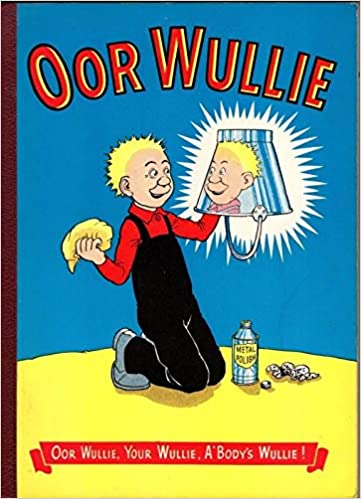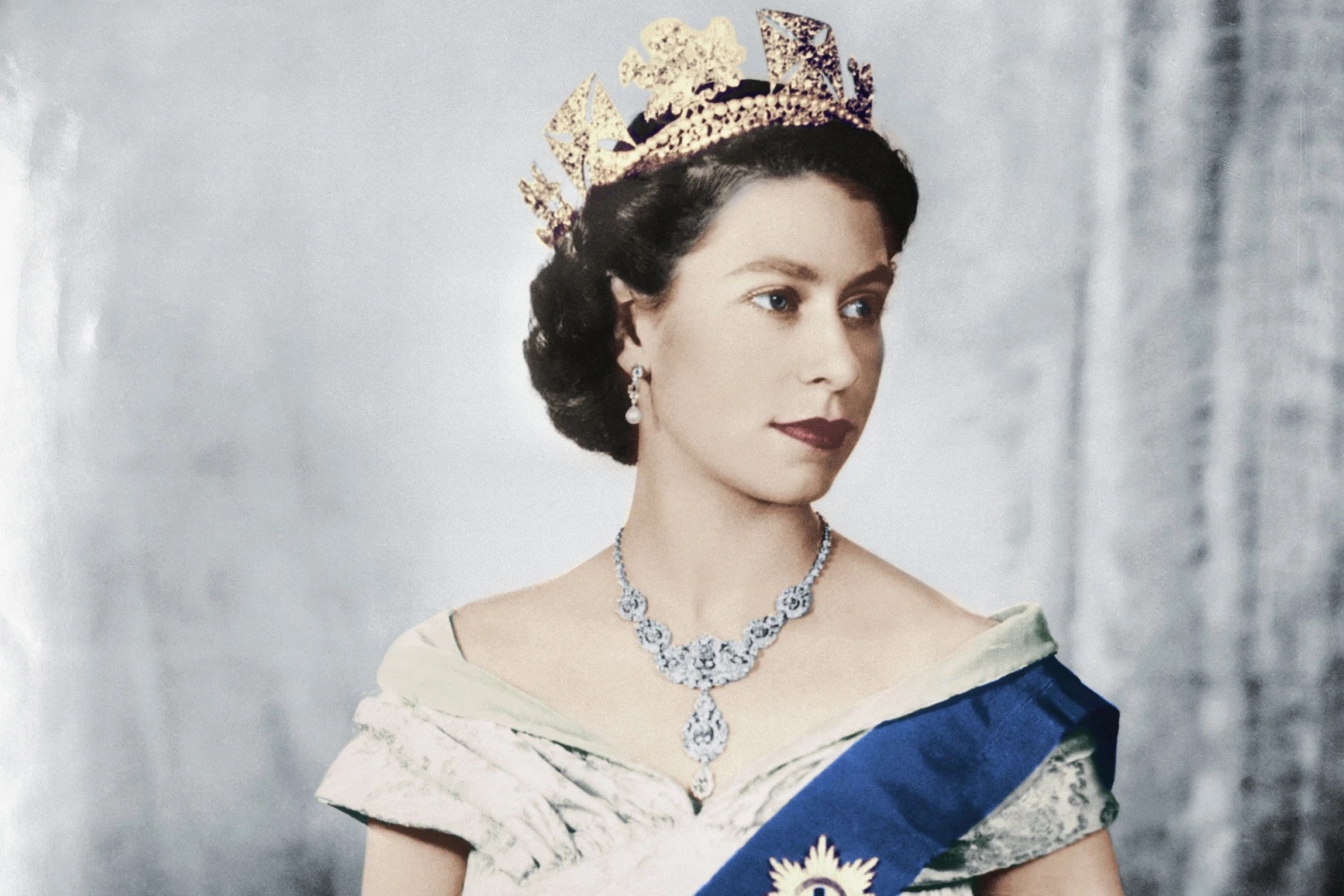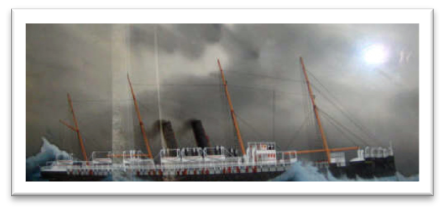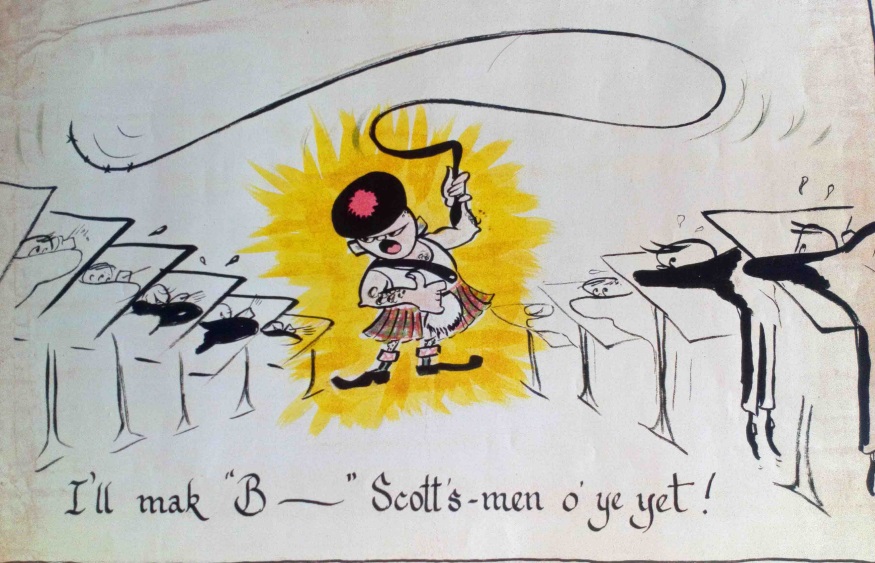As part of this project, I continuously searched through our old family photos. I eventually noticed that the ‘friends’ of my parents seem to be mainly made up of members of my mother’s extended family and the employees at my father’s workplaces. These social relationships seem to be maintained even after the places of employment and dwellings had been changed. It pointed to the fact that aside from those people, they didn’t have a circle of friends that related to them outside their given identities. As such, there is much to say about the connection between relationships and society looking into our family.
My Mother
Looking back, I don’t think my mother was a very sociable person. Over the years, my mother didn’t seem to have that many friends apart from her close family. In fact, I would even go as far as to say that she showed ‘withdrawnness’ in a social context – for lack of a better word. I might even say that certain types of Scottish people have similar characteristics.
Of course, I am giving broad and sweeping generalization of observations . They are simply subjective and perhaps even ‘prejudicial’. Nevertheless, I know she tended to keep to herself. On the other hand, she was also intractable and obstinate. Ironically, she used to say of her mother Morag that “she didn’t get along with anybody.”
I also generalize the Western Islanders and Highlanders of Scotland as usually stubborn, obstinate, intractable, dogged, and terse. I theorize these traits may have been caused by being a people without rights and oppressed by the rule of the lairds over the centuries. They probably used these traits as survival strategies against the callous and greedy landlords constantly threatening them with eviction and poverty.
Ironically, she was combative with me and my brothers. She would often argue black was white for the sport of arguing during conversations. If you finally agreed with her saying that black IS white, she often did a full about turn and said, “You fool! Of course black isn’t white.” However, this attitude did not extend to all topics – if you said the miners were just troublemakers she would, of course, agree with you.
I have more to say about traits in the lens of society. You can click this link to the next chapter to read more about it: Personality Traits and Politics
My Father
My father, despite his personal differences with my mother, did not very much differ from her regarding ‘friends’. He worked for the Atomic Energy, a state owned organization, for a greater part of his life. This means he had ‘ready-made’ friends among the employees. A certain kind of camaraderie already existed amongst employees within certain state owned organizations and institutions.
Unlike my mother, he didn’t have so-called ‘friends’ in his wider family since he had lost contact with his. Exactly why was never quite clear. Obviously the early death of his parents meant he had lost contact with people close to his parents. He did have contact with his grandmother Isabella Harkness (m.s. Whitecross). However, with her death in 1945, this meant losing further contact with his wider family. I have no other information concerning these relationships.
I can also remember when I was around four or five years old, we visited a ‘rich’ auntie of my father. Even then, I already realised that these visits had some financial incentive. In other words, his auntie was getting on in years, and didn’t have long left. My father thought that perhaps, if he turned up at her house with a pretty wife and four well-dressed young sons, he might be included in the inheritance. The old aunt gave me some kind of soft toy — a small black and white penguin with a yellow beak. This penguin gained more significance later on.
My father didn’t get any of the inheritance. I remember my mother once expressed that the visits had been a ‘waste of time’. The only thing my parents (or me) got out of this venture was a little penguin. This little episode perhaps says something about my father: he wasn’t ‘subtle’ and he didn’t think things through. He also look at familial relationships with ‘what could I get out of it’? If there were no practical advantages to be had, then what was the point of fostering relationships? It is obviously a clumsy strategy to imagine being included in the inheritance just by turning up once in a blue moon.
Financial Considerations
The destinies of families usually depend on financial considerations. In this context, my mother’s Family Scrapbook still contain documents I haven’t quite fully understood the relevance of yet. Moreover, I haven’t been able to obtain the will of my father’s mother. But it seems clear that he inherited the house at 2 Chesser Loan, Edinburgh. This house seems to have provided a foundation for my parents’ future ‘middle class’ life.
Clearly, their social relationships revolved around my mother’s extended family and my father’s jobs. In conclusion, it could have been either their personalities or their chemistry as a couple that influenced their friendships or lack thereof. At that time, they might also have had limited opportunities to go and explore new friends and environments; they mainly focused on their own family and making ends meet. It makes you think about what friendships you have maintained throughout the years – and more importantly, why?
In conclusion, the so-called nuclear family in the UK during the Second World War 1940 and post-war period perhaps reflected the political climate of the times. You had your close family and friends whom you related to. The age of ‘promiscuous’ relationships outside of marriage and single mothers came later. It was around the 1960s and onwards when the sexual and cultural revolution happened92.
92 Marwick, Arthur. The Cultural Revolution of the Long Sixties: Voices of Reaction, Protest, and Permeation. 2005.




One Reply to “Relationships and Society”